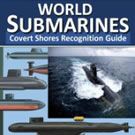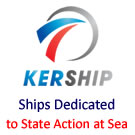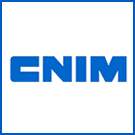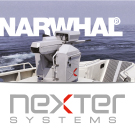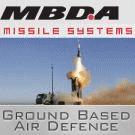 Lead icebreaker project 22220 Arktika hull in the water. (Picutre: sam7 / forums.airbase.ru) |
|||
In
mid-June, the Baltic Shipyard in St. Petersburg in northwest Russia floated
out the Project 22220 nuclear-powered icebreaker Arktika with two reactors.
The icebreaker Arktika is the biggest and the most powerful icebreaker
in the world.
It was reported earlier that the promising Russian-made Project 23000 Shtorm-class aircraft carrier would be equipped with a main propulsion unit, which analog had already been mounted on the Project 22220 lead icebreaker Arktika. The nuclear-powered icebreaker Arktika is one out of three vessels being built to renew Russia’s nuclear-powered icebreaker fleet. The three icebreakers are planned to be delivered to the customer in 2017, 2019 and 2020, respectively. The three icebreakers are currently under construction at the Baltic Shipyard in St. Petersburg on order of Rosatomflot Company, part of Russia’s Rosatom Corporation. The Project 22220 lead icebreaker Arktika was laid down at the Baltic Shipyard in November 2013. The project is estimated at 122 billion rubles ($1.9 billion). The icebreaker incorporates technologies that were not used in the nuclear-powered fleet earlier. In particular, the ship’s double draught with a controlled submersion depth will allow it to lead a group of vessels in ice-covered areas and river outlets and its new nuclear reactor will make it possible to navigate for more than six months without calling at ports for recharging. The icebreaker is planned to be able to navigate about seven years without recharging. The icebreaker will receive two water desalination systems able to process 70 tons of water each. As of today, the Baltic Shipyard has more than 10,000 tons of assembled metal structures for the future icebreaker in its slipway. Project 22220 Nuclear-powered Icebrakers are set to become the largest and most powerful icebreakers in the world. Their length is 173.3 meters with a width of 34 meters and draft of 10.5 meters. Projected tonnage is 33,540 tons. It will be fitted with two RITM-200 pressurized water reactors for a capacity of 175 MW. © Copyright 2016 TASS. All rights reserved. This material may not be published, broadcast, rewritten or redistributed. |
|||
Rosatom’s subsidiary makes innovative nuclear fuel for Project 22220 icebreaker Arktika
- Posted On






